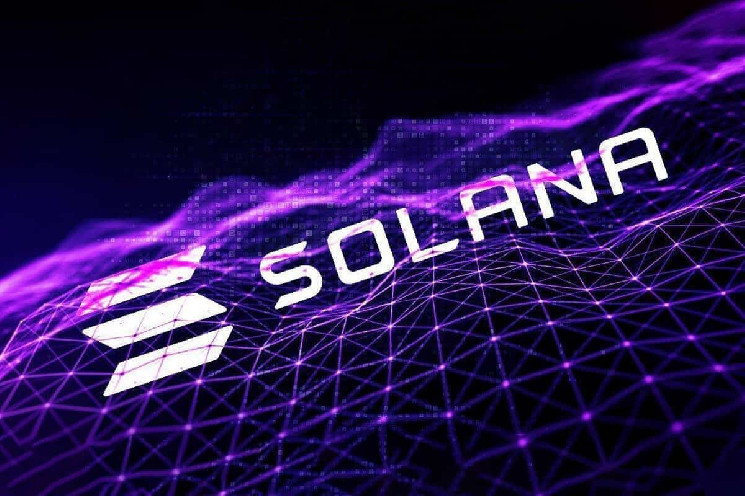A new innovative feature on Solana’s SolChat now enables more unique communication between different wallets.
New encrypted peer-to-peer communication appears on Solana
Solana’s SolChat has added an audio calling feature to its offering that enables wallet-to-wallet communication. Anatoly Yakovenko, one of the co-founders of Solana Labs, previously praised the new feature on X. In his words, he asked rhetorically
“Can your blockchain call you?”
The feature uses WebRTC, a free and open-source computer program that enables real-time communications for the Internet. That’s right, WebRTC enables communication via voice, text and video.
Users of the SolChat Decentralized Application (DApps) can now enjoy encrypted peer-to-peer conversations with their friends. Using WebRTC makes it easier to connect directly between browsers and wallets. It is worth noting that both users must be online at the same time in order to make or receive calls from the other.
The specific WebRTC encryption standard used for SolChat audio features is Datagram Transport Layer Security (DTLS). Clearly, as a protocol well suited for delay-sensitive applications and services, DTLS offers top security and privacy. It ultimately prevents eavesdropping, tampering or forging of messages.
Power struggle between blockchains
Yakovenko’s post on the X-app shows a lot of promise about the new offering and poses a major challenge for other blockchains.
Furthermore, there has been a lot of hostility between community members of different blockchains recently. Cathie Wood, CEO of ARK Invest, was among those who made a strategic move that underlines this sentiment.
Last year, Cathie showered Solana with great praise after the network embraced nearly 200% monthly gains.
“Solana is doing very well. Ether was faster and cheaper than Bitcoin [back] during the day – that’s how we got Ether. Solana is even faster and [more] more cost-effective than Ether,” she said at the time.
Shortly before, Yakovenko had one war of words with members of the Ethereum community. It started when a member of the ETH community, jebus.eth, called Solana, related to the Democratic Party of crypto. He compared the network to a “coalition of rich and poor people who don’t understand where value actually comes from or how to create it, just that the things I want have to be cheap.”
The Solana co-founder quickly fired back at Ethereum supporters, saying it presents itself “not as a harbinger of a real revolution, but merely as a new spectacle of civil unrest.”

